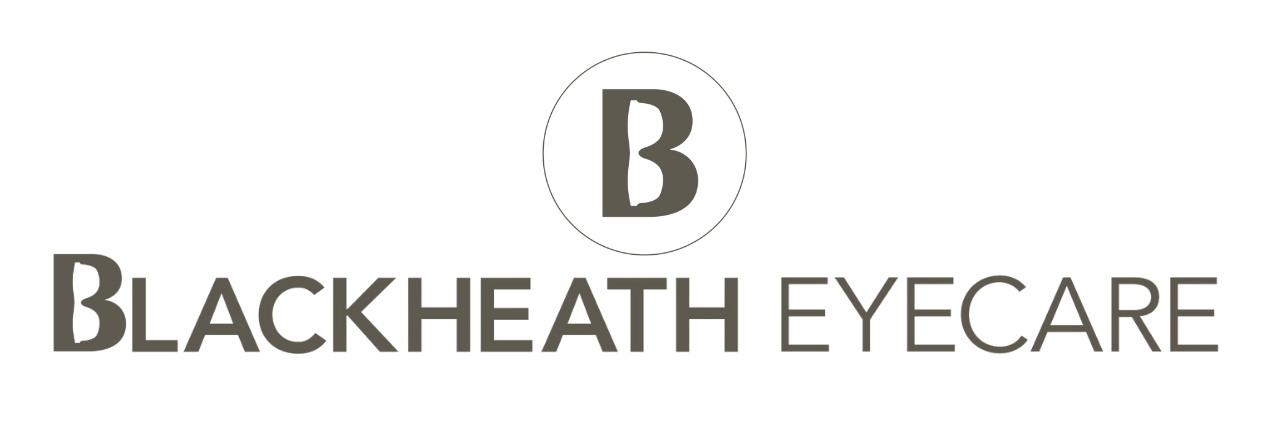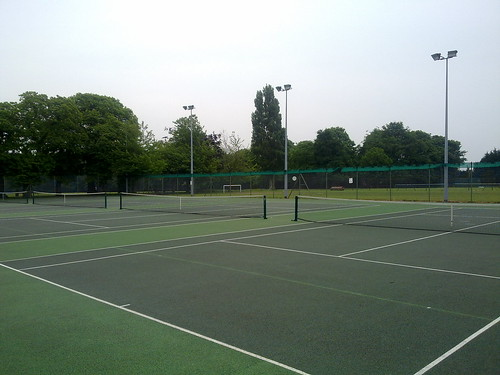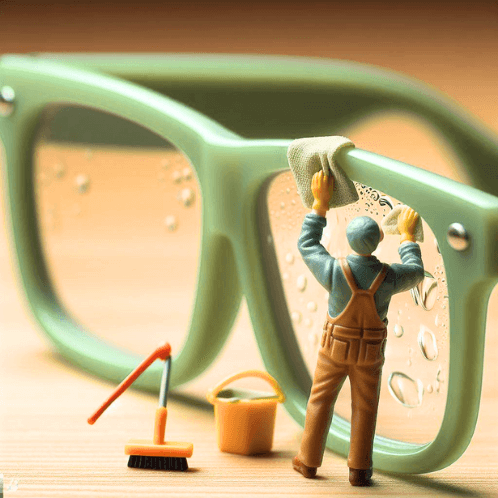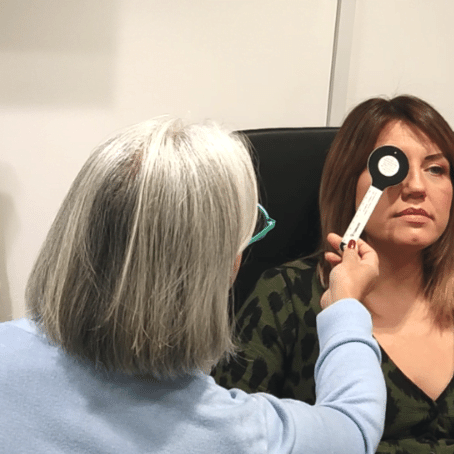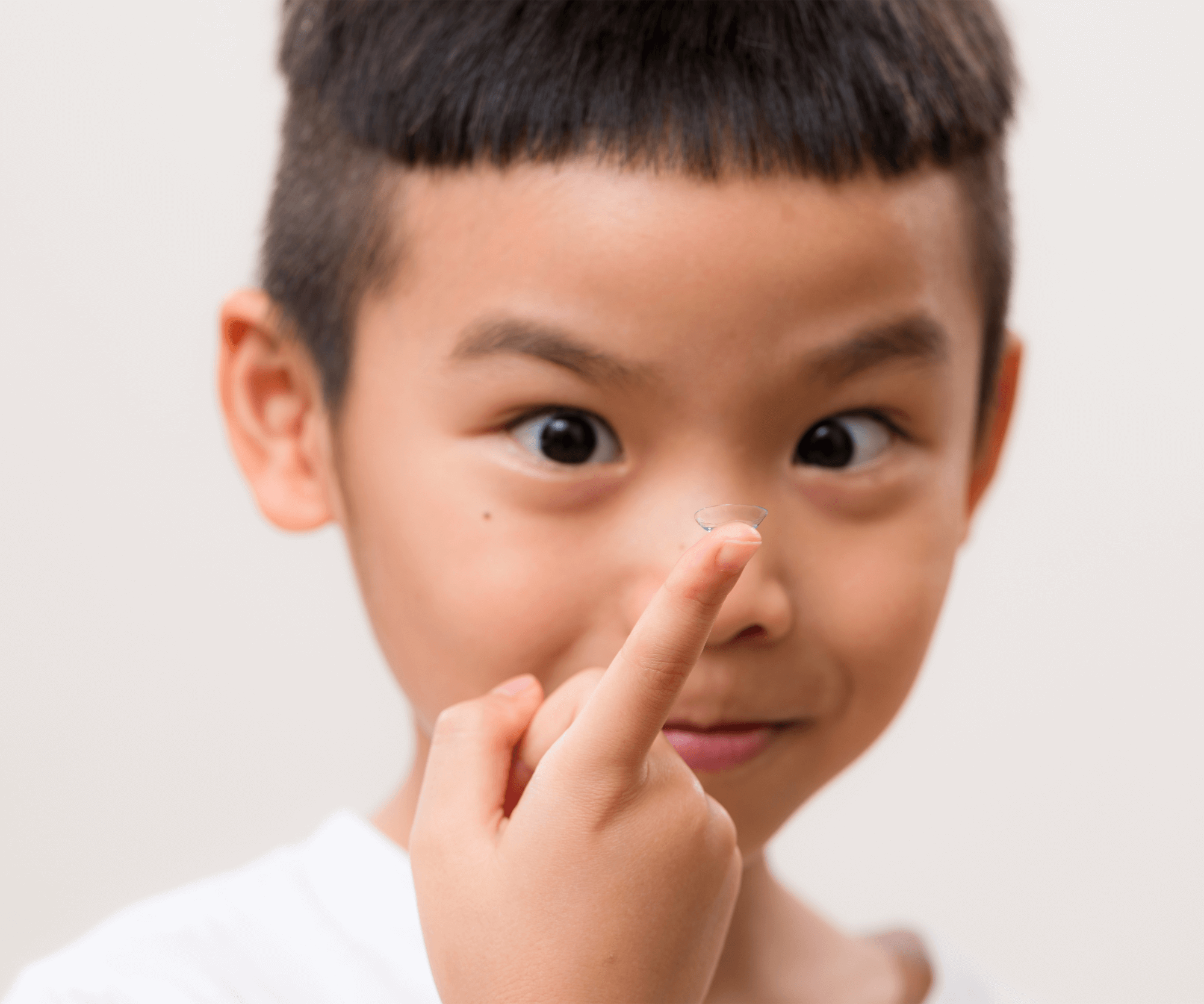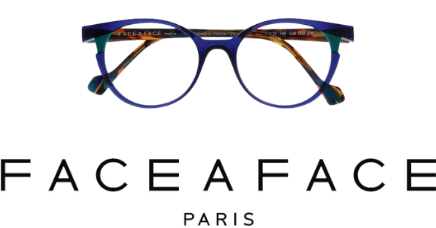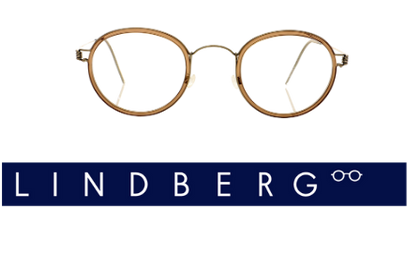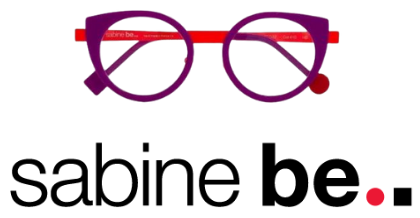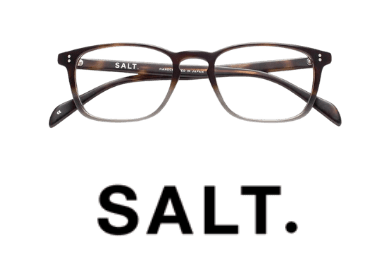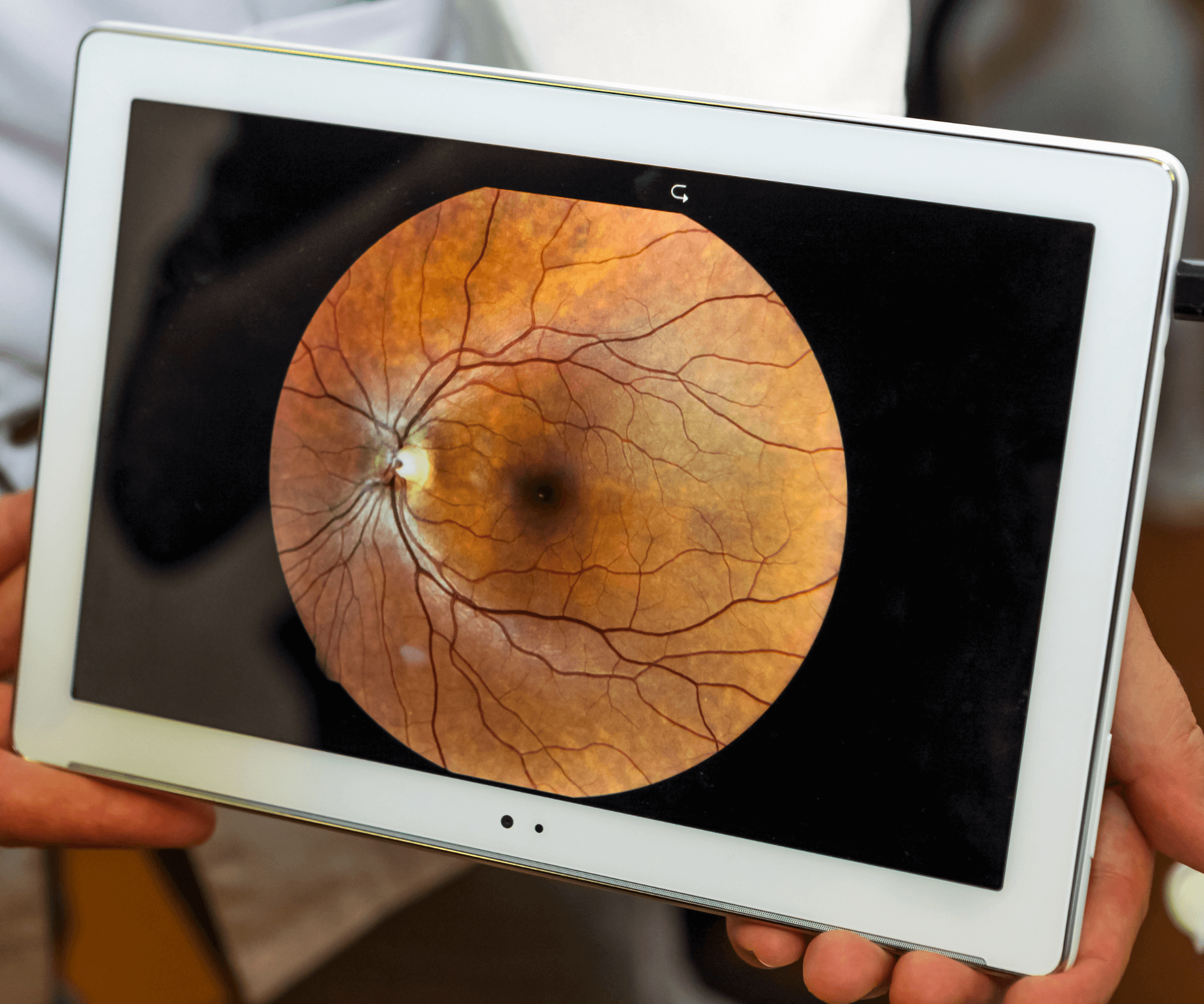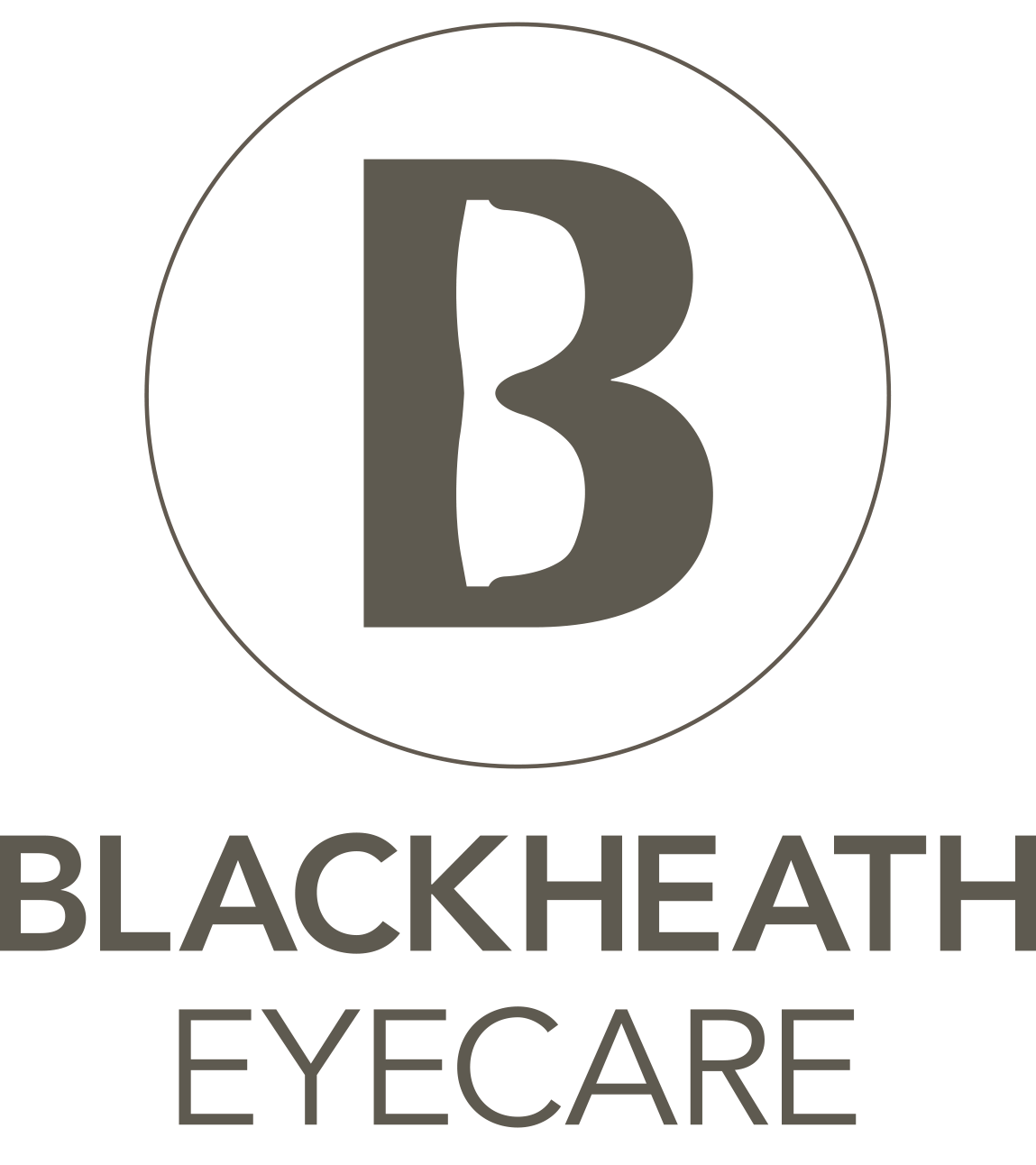While nurturing a child’s growth, we pay attention to various aspects such as diet, academic progress, and social behaviour. However, one area often overlooked is vision health. Given the surge in screen time and near vision educational activities, kids nowadays experience limited time outdoors and are exposed to electronic devices from an early age, leading to the widespread prevalence of Myopia, or near-sightedness. Understanding what it is and how to detect and manage it becomes vital for parents. Notably, it impacts a child’s overall development – academic, social, and physical.
The Vision Obstacle: What Is Myopia?
In simple terms, myopia, or near-sightedness, is a condition where a person sees close objects clearly but struggles with distant ones. According to recent studies, the number of children diagnosed with myopia has drastically risen, largely due to increased screen exposure, extensive close work study and inadequate outdoor activities.
When the light entering the eye does not focus directly on the retina but in front of it, a blurred vision results. While a perfectly shaped eyeball would allow this focus to hit the retina right on spot, in a myopic eye, the eyeball elongates, disrupting the light’s path and, in turn, affecting clarity.
Why Parents Should Be Alert
The onset of myopia in children could go undetected since many kids may not realise the change in their vision. It is often brushed off as a natural development milestone. The alarming part is that unmanaged myopia might escalate into high myopia, making a person more susceptible to other eye problems in the future, like glaucoma, cataracts, and retinal detachment. Therefore, every parent should be aware of this condition, the potential it carries for exacerbation and be on the alert for any vision changes in their children.
Beyond Vision: Impact on Child’s Development
As our understanding of the effect of myopia evolves, the ramifications extend beyond blurry distant vision. The vision obstacles interfere with children’s ability to fully participate in school and recreational activities.
First, children who are struggling with seeing the board at school may not be able to follow lessons effectively. Their grades might falter, leading to a drop in their self-esteem. Second, in a world viewed through a blur, the ability to navigate playgrounds or engage in sports could also take a hit. The anxiety of the blurry world could eventually leave them alienated from their friends and active outdoor fun. Thirdly, we’ve noticed behavioural patterns similar and often confused with ADHD, where a child has not had an eye examination before and gone about the world with uncorrected vision. The good thing is that in this case a corrective pair of spectacles can increase attention span once again and therefore also help with associated behavioural issues. We know therefore, that recognising myopia’s effects on a child’s everyday life is essential.
A Proactive Approach with Blackheath Eyecare
The battle against myopia starts with early detection, which can be facilitated by routine advanced eye examinations that include screening procedures ensuring comprehensive vision health checks for your children. If myopia is detected, our dedicated we offer a range of myopia management services that help control the condition’s progression. Don’t worry we’ll lead the way and support you and your child through their myopia journey.
Remember, nothing beats the preventive approach in ensuring the health of your child. Encourage a balance between their screen time and close activities alongside outdoor activities; and don’t forget to routinely monitor their eye health.
While understanding the ins and outs of myopia can seem overwhelming, knowing is the first step in ensuring your child’s healthy visual development. Therefore, let’s be well-informed parents and safeguard our children’s vision health. After all, through their eyes, they explore, learn, and create beautiful memories.
We at Blackheath Eyecare are here to partner with you in this journey of eye health. Together, let’s focus on clearer vision. Because with clear vision, they see better, they learn better, and they grow better!
Request an eye examination
